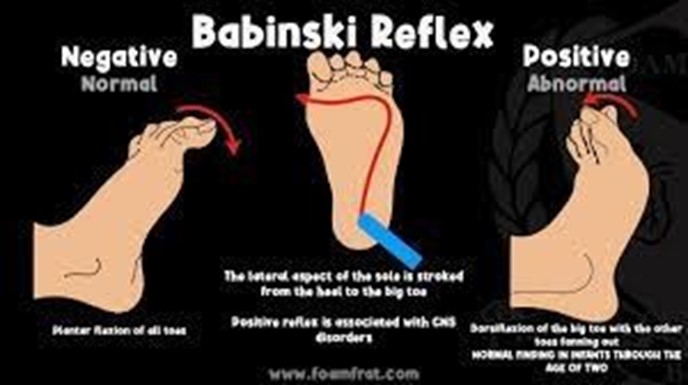The nurse is caring for an 18-hour-old newborn who has not voided for the first time yet. What is the nurse's priority action?
Notifying the provider immediately.
Pressing on the bladder to prevent urine retention.
Administering IV fluid.
Documenting and continuing monitoring.
The Correct Answer is D
Choice A rationale:
Notifying the provider immediately may be an appropriate action in certain urgent situations. However, for a newborn who has not voided for the first time yet, it is not an immediate emergency. The priority is to assess the newborn's condition further before notifying the provider.
Choice B rationale:
Pressing on the bladder to prevent urine retention is not a recommended action. Applying pressure on the newborn's bladder can be harmful and is not a standard nursing practice.
Choice C rationale:
Administering IV fluid is not the priority action for a newborn who has not voided. Newborns usually receive sufficient hydration from breastfeeding or formula feeding, and administering IV fluid without proper indication can lead to potential complications.
Choice D rationale:
Documenting and continuing monitoring is the correct priority action in this situation. Newborns often take some time to pass their first urine, and it is considered normal for them to have delayed voiding within the first 24 hours after birth. The nurse should document the absence of voiding and monitor the newborn for any signs of distress or abnormalities. If the newborn's condition worsens or if there are other concerning symptoms, then notifying the provider may be necessary.
Nursing Test Bank
Naxlex Comprehensive Predictor Exams
Related Questions
Correct Answer is C
Explanation
Choice A rationale:
Activating respiratory arrest procedures is not necessary in this situation. The newborn's respiratory rate, although slightly elevated, does not indicate respiratory arrest. Instead, such procedures are reserved for situations where the newborn has stopped breathing or is in acute respiratory distress.
Choice B rationale:
Requesting an order for supplemental oxygen may be premature. The newborn's respiration rate of 44/min, although shallow with periods of apnea, is still within the normal range for a newborn. Providing supplemental oxygen should be considered when the newborn is showing signs of significant respiratory distress or if oxygen saturation levels are low.
Choice C rationale:
The most appropriate action in this scenario is to continue routine monitoring of the newborn's respiratory rate and overall condition. Newborns often exhibit irregular breathing patterns, including periods of apnea, especially in the first few hours after birth. As long as the newborn's color, heart rate, and overall appearance are stable, routine monitoring is appropriate.
Choice D rationale:
There is no need to report the observation to the charge nurse immediately, as the newborn's respiratory rate and pattern fall within the expected range for a 12-hour-old newborn.
Reporting should be considered when there are significant deviations from the norm or if the newborn's condition deteriorates.
Correct Answer is ["A","C","D","F"]
Explanation
Choice A rationale:
The newborn reflex called "rooting”. is characterized by turning the head and opening the mouth when the cheek or mouth area is touched. This reflex helps the newborn find the mother's breast for feeding.
Choice B rationale:
"Stepping”. is a newborn reflex where they make stepping movements when held upright with their feet touching a solid surface. This reflex is present at birth but tends to disappear after a few weeks.
Choice C rationale:
The "Moro”. reflex is also known as the startle reflex. It is elicited by a sudden loss of support or loud noise, causing the newborn to throw their arms and legs out and then bring them back in. This reflex usually disappears around 3 to 4 months of age.
Choice D rationale:

The "Babinski”. reflex is characterized by the extension of the big toe and fanning of the other toes when the sole of the foot is stroked. This reflex is present in newborns and should disappear by around 12 months of age.
Choice E rationale:
"Running”. is not a recognized newborn reflex. There is no reflex with this name related to newborns.
Choice F rationale:
The "gag”. reflex is present in newborns and helps protect the airway by causing a gagging response when the back of the throat is stimulated.
Whether you are a student looking to ace your exams or a practicing nurse seeking to enhance your expertise , our nursing education contents will empower you with the confidence and competence to make a difference in the lives of patients and become a respected leader in the healthcare field.
Visit Naxlex, invest in your future and unlock endless possibilities with our unparalleled nursing education contents today
Report Wrong Answer on the Current Question
Do you disagree with the answer? If yes, what is your expected answer? Explain.
Kindly be descriptive with the issue you are facing.
